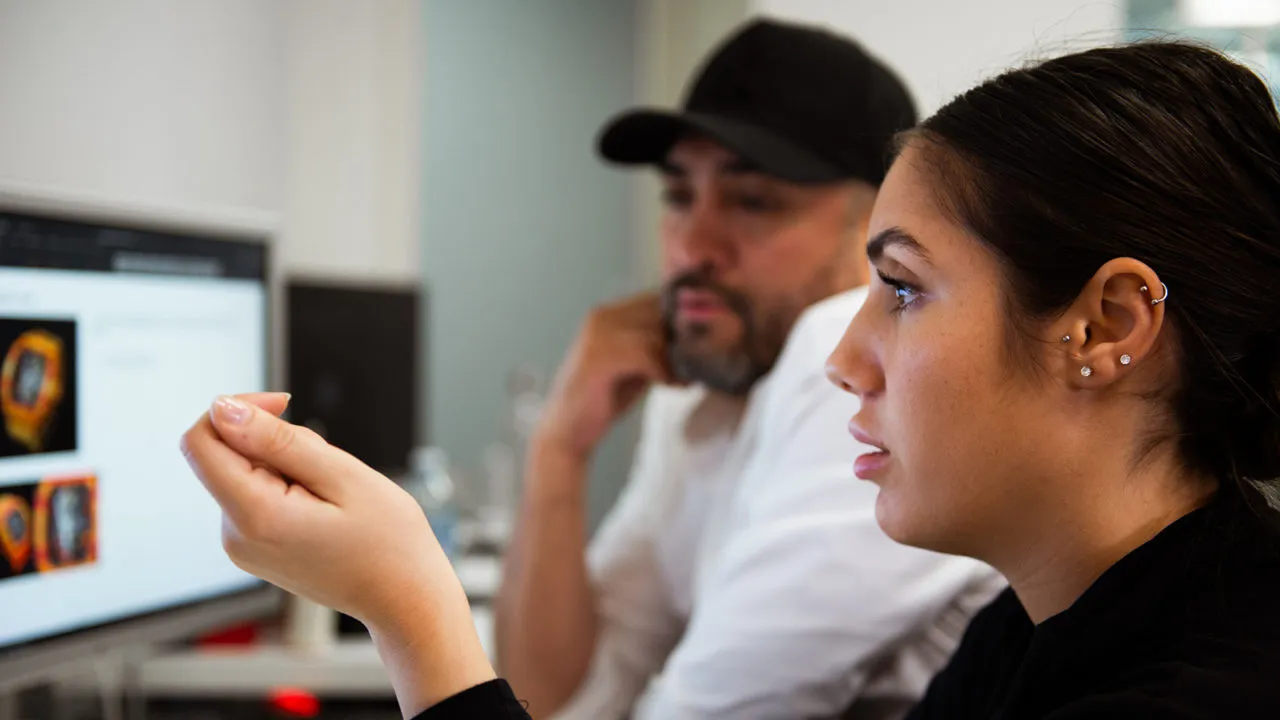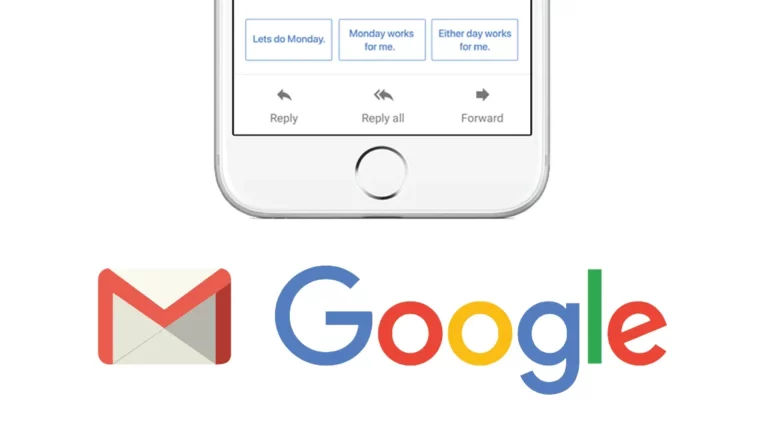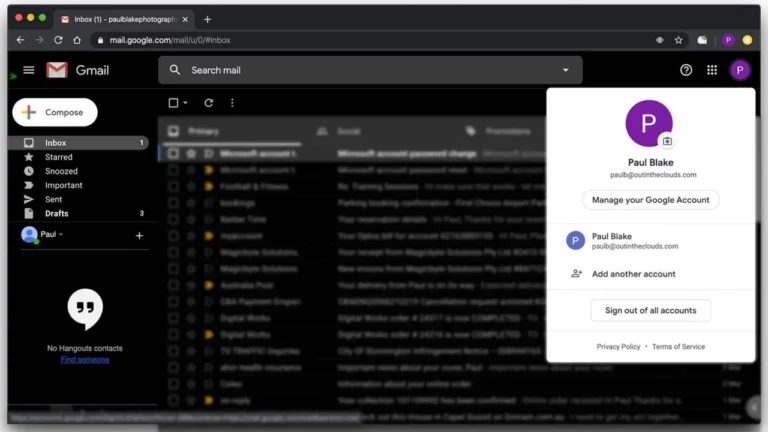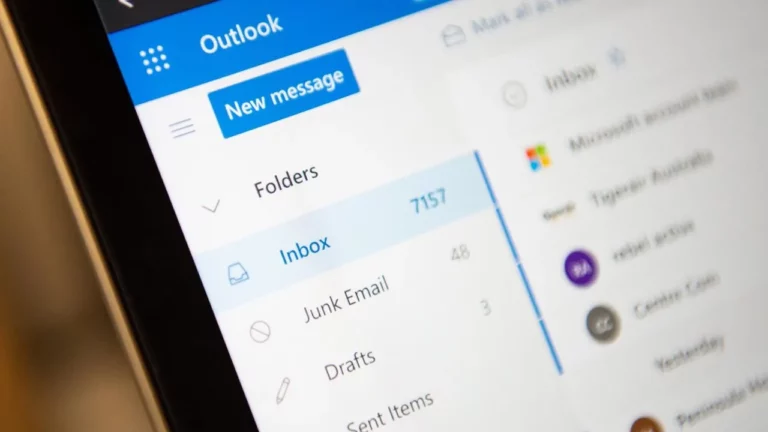How to Get the Most out of Your Mentor
As thrilling as it is to start your own business, the reality can be a rude-awakening, and there are moments where you may not know exactly what you should be doing with your business to grow and be profitable.
Having a mentor can help you build your skills as a leader, a strategist and as an innovator. An exceptional mentor can lead you toward making sound choices that positively affect your business, including funding requests, networking, sustaining growth, and delivering on projects.
But, like every relationship, building and maintaining a successful mentor relationship isn’t effortless. So how do you to get the most out of your mentor relationship?
Really get to know your mentor
Approach a mentor relationship as if it’s a new friendship – be casual and friendly. You want to build an enduring connection with your mentor and to forge any relationship you need to get to know each other well. The more you know about your mentor, the more they can help you to successfully grow as a leader.
So how do you get to know your mentor? This is perhaps the most beneficial piece of advice that you need to follow to get the most out of a mentor relationship. Firstly, ask lots of thought-provoking questions. The topics should range from their professional backgrounds to how they’ve navigated past and current career choices and ask about their challenges, and how they balance life and work. Learn as much as you can about them until they no longer intimidate you. Mentors will help you find answers to your questions that will help you dispel your doubts. This is precisely what a mentor relationship is for.
Here are some great probing discussion starters:
- “What was the process you used to build your idea/business to find your ‘why’?”
- “What values drive you?”
- “What has been your biggest failure and what did you learn from it?”
- “What is one thing you wish you would have done, that you didn’t?”
- “What is something you thought was important but has turned out not to be?”
- “What were your goals at the start of your career?”
Have a plan and know exactly what you want to get out of the relationship.
Before you get started, you and your mentor should set up some ground rules and establish a big picture goal and outcome for your sessions. This goal should be decided together to ensure you’re both on the same page. If you’re going to be working with a mentor long term, set a few smaller goals you want to accomplish along the way. This gives you something to work towards and helps keep your catch-ups on track and focused. Without an end goal, you won’t know how much progress you’re making, and you may feel like you aren’t getting enough out of your mentor relationship.
Creating a great mentor/mentee plan might look like this…
- Create an outline: includes goals, accountability and due dates.
- Decide your communications channels, will you talk via phone, face-to-face or email. How often?
- What are your expectations around receiving feedback?
- Write a list of desired topics you would like to discuss throughout your relationship ( leadership, financial advice, business growth) to cover and create a schedule around them.
It’s really important to set an end date
Yes, having an extraordinary mentor can do wonders for your professional growth and career. But even the best mentoring relationships should have an end date. These relationships shouldn’t be designed to last forever. While a mentor can always be valuable contact, it’s important to know when the relationship has run its course.
So, how do you know when it’s time to move on?
- When you no longer want to make time to catch-up with your mentor.
- When you start to regularly make decisions that go against their advice.
- When your long term or short term goals have evolved.
- You find yourself starting to have problems relating to each other?
- You may have reached the point that you’ve exhausted all of the resources and support given by your mentor.
And what’s the best way to end the relationship without burning bridges?
The most appropriate way to end the relationship is to have addressed the end date at the start of the relationship. When you first meet set a clear end date – this creates transparency (of course, this is not binding). That way both you and your mentor have a clear idea of outcomes and expectations, and when the time comes to part ways, you will end without burning bridges.







